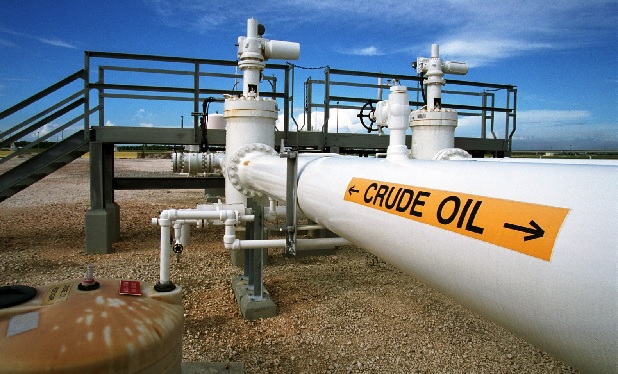The Nigerian Upstream Petroleum Regulatory Commission (NUPRC) has given its enforcement committee 48 hours to produce a template for the implementation of domestic crude oil supply obligation (DCSO) in Nigeria.
Gbenga Komolafe, chief executive officer of the commission, gave the charge on Tuesday in Abuja while speaking at a meeting to review the domestic crude oil supply obligation.
The implementation of the DCSO is provided under section 109 (2) of the Petroleum Industry Act (PIA) 2021.
The committee on DCSO was constituted by the commission to resolve issues arising from crude supply regulation and enforcement.
Advertisement
“So, by 28th of March, we are expecting the committee to look at the various issues and to come up with a clear template which will be a rule of engagement that will govern the implementation of this very important and laudable provision of the petroleum industry,” Komolafe said.
He said priority must be given to local refineries during crude supply, adding that the overall goal of the government is to ensure that Nigeria becomes a net exporter of refined petroleum products.
“Producers should satisfy their domestic crude oil supply to the domestic refineries so that as a nation, we can seize the opportunity to reverse the ugly trend,” he said.
Advertisement
“We can do this by ensuring development of the midstream and end being a net exporter of petroleum products.
“This is necessary now that we are trying to exit the subsidy regime; the only way to sustain that is to become robust in our domestic refining capacity.”
He said the commission expects the complaints received from the oil producers and the Dangote refinery to be handled seriously and remedied within the next 48 hours.
While listing the issues raised, Komolafe said the inability to factor in the provisions of the law when executing contractual agreements was challenging.
Advertisement
This, he said, had resulted in some companies being hesitant to allocate a portion of their production to domestic refineries.
Other challenges listed by Komolafe are change in vessel nomination under 24 hours to lay-can; inability to provide the required financial instrument/backing before loading, and the delay in the expected time of arrival of vessels.
These challenges, he said, lead to production cuts, which is detrimental to the national budgetary targets.
He also mentioned issues like frequent changes in lay-cans for crude oil allocated to domestic refineries and delays at loading terminals after the arrival of the loading vessel.
Advertisement
Also speaking, the Chairman, OPAC Refinery, Momoh Oyarekhua, said local refiners have received almost no crude oil from producers in the past three years.
Oyarekhua disclosed that despite having a refining capacity of 10,000 barrels per day, OPAC Refinery received just 1,500bpd in 2022.
Advertisement
He urged the federal government to resolve the issue of currency of payments for crude oil supplied to local refineries, whether it would be in naira or dollars as demanded by the producers.
Advertisement






